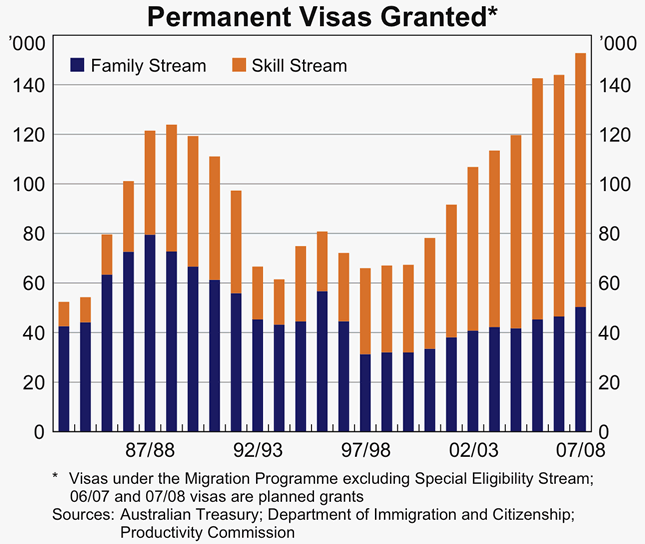Still in a two-speed economy down under.
Australia Home-Building Permits Fall by Most in Almost a Decade
The news gave a beating to the Australian Dollar.
Sales of new homes in July fell to a near record.
The number of permits granted to build or renovate houses and apartments slumped 17.3 percent from June, when they fell a revised 1 percent, the Bureau of Statistics said in Sydney today. That was the steepest slide since November 2002. Separate data on business spending showed mining investment rose by 10 percent last quarter, while manufacturing declined by 3.8 percent and other industries by 4 percent.
Today’s data “is a literal dog’s breakfast,” said Craig James, a senior economist at a unit of Commonwealth Bank of Australia.Um, no. It's still figurative.
Permits to build private houses rose 1.6 percent to 7,329 in July from the previous month, the report showed. Approvals for apartments and renovations slumped 40.5 percent to 3,738.Whoa. It's all in apartments. And despite calls for eliminating negative gearing, there hasn't been any news about official moves to do so.
The news gave a beating to the Australian Dollar.
 |
| oanda.com 90 day Australian Dollar to US Dollar |
Sales fell 5.6 percent to 5,682 last month from June, when they gained 2.8 percent, the Housing Industry Association said Aug. 28, citing a survey of the nation’s largest builders. Detached house sales decreased 5.5 percent to the lowest level since 2000, while apartments weakened 6.4 percent, it showed.














